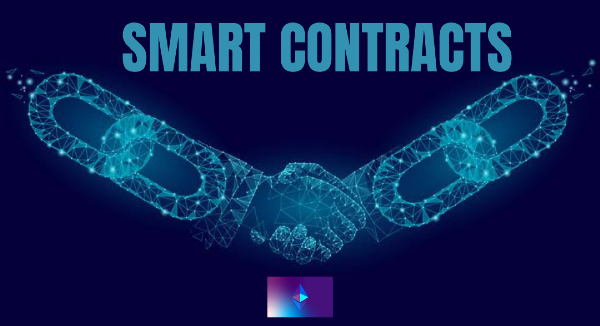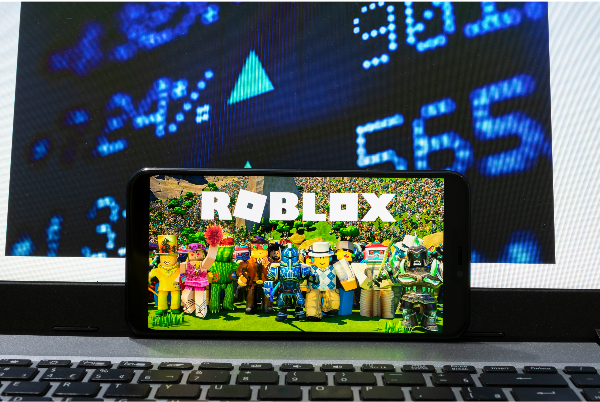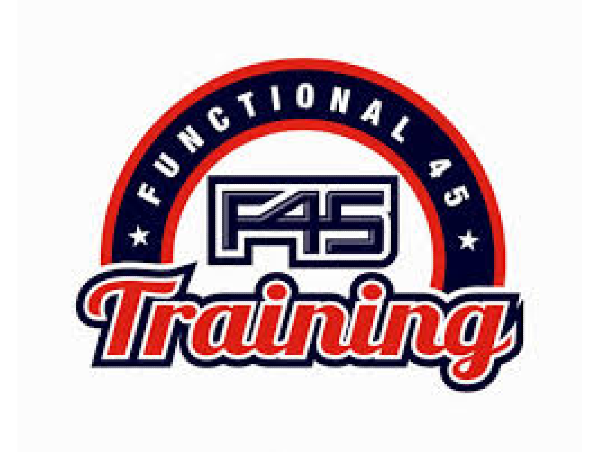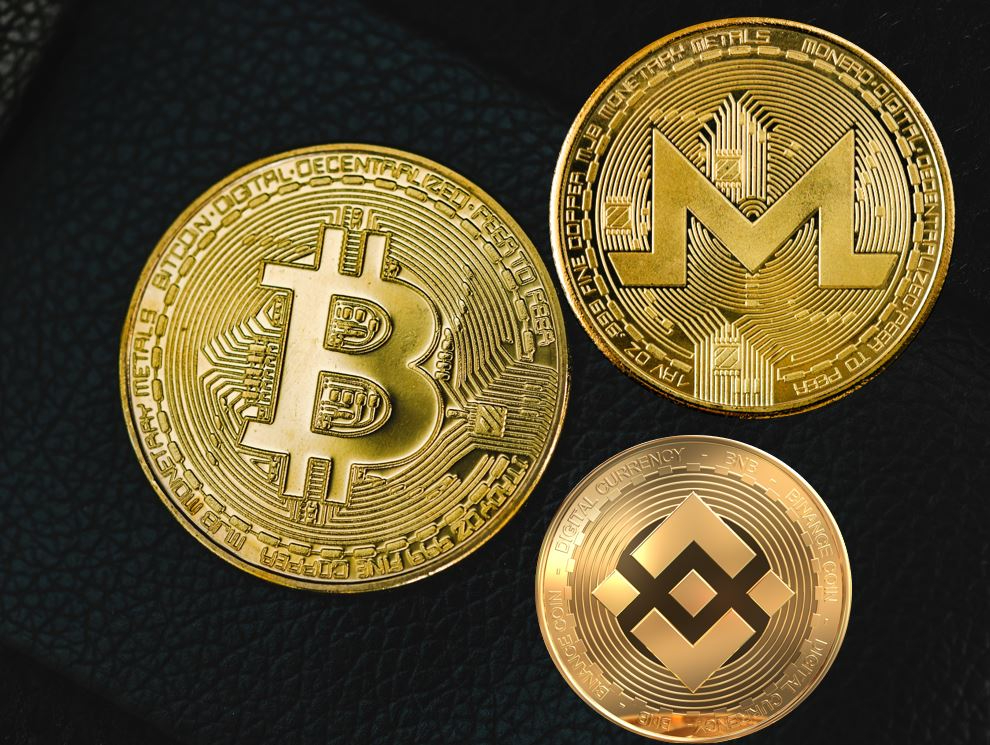The crypto industry is growing at a spontaneous rate, which means that jobs are increasing daily. Developers rank among the highest-paid in this space, and they're constantly sought after to make sure projects move forward smoothly with their expertise needed in virtually every space.
This article will explore different smart contract languages you need to know to emerge as an expert blockchain developer. Before exploring these smart contract languages in detail, we would like to clarify some terms.
What is a Smart Contract?
Smart contracts are computer programs that represent a revolutionary way of executing actions and terms between two transactors. These computer programs automatically carry out their functions without intermediaries. This means you don't need to worry about third-party sites getting involved with your transactions.
For example, when you trade on decentralized exchanges (DEX), like PancakeSwap, you can exchange a token like BNB for another token. The computer program that allows the swap transaction to be executed without any intermediary is the smart contract.
What is a smart contract language?
A smart contact language is a code used to build a smart contract based on a particular blockchain network. Smart contracts built on the blockchain allow transparent and unchangeable transactions.
Different blockchains have different smart contract programming languages to develop new defi applications. These smart contracts allow users to exchange crypto assets without third-party assistance to complete the transactions. The following are the best smart contract languages every developer must know.
1. Solidity
When it comes to the blockchain with the highest number of smart contracts, Ethereum takes the lead. This indirectly makes Solidity one of the most popular smart contract languages in the blockchain tech space.
Solidity is the major smart contract programming language used for building smart contracts on the Ethereum blockchain. It has a similar syntax to JavaScript and is built using C++. Like Python, Solidity is a high-level object-oriented programming language. It operates on the Ethereum Virtual Machine ( EVM) and can be run on other solidity-compatible networks.
Blockchains that are supported by Solidity include:
- Ethereum
- Tron
- Uniswap
- Polygon
- BSC
- Polkadot
- Avalanche
- Hedera
2. Rust
Unlike older smart contract languages like Bitcoin script, Rust is a fairly newer language and highly used in the blockchain tech community. It's a compiled language with a syntax quite similar to c++. It allows open source developers to create quick and efficient blockchain frameworks with the attribute of safe concurrency.
Rust emerged as the "most loved programming language " for five years in a row" in the annual Stack Overflow developer survey. As an ideal programming language with the ability to produce innovative and secure solutions, developers use Rust to develop decentralized applications with high throughputs. Rust currently supports the following blockchains:
- Solana
- Near
- Polkadot
- Bitcoin Cash
- OpenEthereum
- Zero-chain
3. Vyper
Vyper was created in 2017 as a contract-oriented pythonic smart contract language. If you're familiar with Python, it would be easier for you to work with Vyper as its syntax is similar to Python.
It was built using Python to be a major solution to the security issues attached to Solidity. Because of this, Vyper has fewer features than Solidity, making the smart contract it's used to build simpler, more secure, and easy to audit.
However, it's not to act as a replacement for the solidity smart contract language but is a top option when the highest level of security is needed for a project. Vyper can be used on Ethereum or any other EVM-compatible blockchains. 4.JavaScript
JavaScript is a general-purpose programming language that developers must know as it serves as an entry language into the blockchain ecosystem. It is an object-oriented high-level programming language that is dynamic and efficient.
Although JavaScript is primarily used for web development, it is also used to build smart contracts. JavaScript is recommended for beginners because developers can build smart contracts with fast development times compared to other languages.
It is used to create smart contracts on the NEO blockchain, while other smart contract languages reflect similarities based on JavaScript. When used as the building system for smart contracts, it promotes scalability and enhanced functionality. 5. Golang
Golang, sometimes called Go, is an open-source smart contract language developed by Google in 2009. It is a compiled statically typed language used by thousands of developers around the world.
It's easy to learn and syntactically similar to the C programming language. Go allows multiple processes to run simultaneously, making it conducive to concurrent programming.
It's used for writing smart contracts based on the Hyperleger Fabric or Neo blockchains. Golang's performance is similar to C/C++ and is about 40 times faster than Python, with a compilation time of mere seconds. However, Go doesn't support object-oriented programming languages.6. Yul
Yul, previously known as JULIA or IULIA, is an intermediate smart contract language for the Ethereum blockchain and ecosystem. It supports Ethereum Virtual Machine (EVM), and Ethereum flavored WebAssembly (ewasm).
Yul was designed to function as a common denominator for EVM and Ewasm. It operates as a Solidity compiler and is used in stand-alone mode. The language is good for high-level optimization processes in addition to being functional for inline assembly in Solidity.
Yul is a simple and flexible language that's easy to use and acts as an entry smart contract language for blockchain developers. It has a low-level extension called Yul+, which was designed to support Optimistic roll-up contracts. 7.C/C++
C/C++ is some of the earliest programming languages in the tech world. They are procedural programming languages with rich libraries for efficient algorithms and a solid community base. These languages are popular, and many developers are family with their syntax. They are quite portable to work with as they can be run on multiple machines at one time. However, developers prefer Rust or Solidity as c/c++ can be hard to write, consuming huge portions of memory. C/C++ supports Solana, EOS, and many other blockchains.
Read Also: Move-To-Earn: The New Disruptor In The Crypto Space
Conclusion
As a developer interested in providing services for blockchain technologies, it's important you master the most important smart contract languages. Becoming an expert in the smart contract languages listed in this article is key to working across different blockchains with flexibility.

















The crypto industry is growing at a spontaneous rate, which means that jobs are increasing daily. Developers rank among the highest-paid in this space, and they're constantly sought after to make sure projects move forward smoothly with their expertise needed in virtually every space. This article will explore different smart contract languages you need to know to emerge as an expert blockchain developer. Before exploring these smart contract languages in detail, we would like to clarify some terms.
What is a Smart Contract?
Smart contracts are computer programs that represent a revolutionary way of executing actions and terms between two transactors. These computer programs automatically carry out their functions without intermediaries. This means you don't need to worry about third-party sites getting involved with your transactions. For example, when you trade on decentralized exchanges (DEX), like PancakeSwap, you can exchange a token like BNB for another token. The computer program that allows the swap transaction to be executed without any intermediary is the smart contract.
What is a smart contract language?
A smart contact language is a code used to build a smart contract based on a particular blockchain network. Smart contracts built on the blockchain allow transparent and unchangeable transactions. Different blockchains have different smart contract programming languages to develop new defi applications. These smart contracts allow users to exchange crypto assets without third-party assistance to complete the transactions. The following are the best smart contract languages every developer must know.
1. Solidity
When it comes to the blockchain with the highest number of smart contracts, Ethereum takes the lead. This indirectly makes Solidity one of the most popular smart contract languages in the blockchain tech space. Solidity is the major smart contract programming language used for building smart contracts on the Ethereum blockchain. It has a similar syntax to JavaScript and is built using C++. Like Python, Solidity is a high-level object-oriented programming language. It operates on the Ethereum Virtual Machine ( EVM) and can be run on other solidity-compatible networks. Blockchains that are supported by Solidity include:
2. Rust
Unlike older smart contract languages like Bitcoin script, Rust is a fairly newer language and highly used in the blockchain tech community. It's a compiled language with a syntax quite similar to c++. It allows open source developers to create quick and efficient blockchain frameworks with the attribute of safe concurrency. Rust emerged as the "most loved programming language " for five years in a row" in the annual Stack Overflow developer survey. As an ideal programming language with the ability to produce innovative and secure solutions, developers use Rust to develop decentralized applications with high throughputs. Rust currently supports the following blockchains:3. Vyper
Vyper was created in 2017 as a contract-oriented pythonic smart contract language. If you're familiar with Python, it would be easier for you to work with Vyper as its syntax is similar to Python. It was built using Python to be a major solution to the security issues attached to Solidity. Because of this, Vyper has fewer features than Solidity, making the smart contract it's used to build simpler, more secure, and easy to audit. However, it's not to act as a replacement for the solidity smart contract language but is a top option when the highest level of security is needed for a project. Vyper can be used on Ethereum or any other EVM-compatible blockchains.4.JavaScript
JavaScript is a general-purpose programming language that developers must know as it serves as an entry language into the blockchain ecosystem. It is an object-oriented high-level programming language that is dynamic and efficient. Although JavaScript is primarily used for web development, it is also used to build smart contracts. JavaScript is recommended for beginners because developers can build smart contracts with fast development times compared to other languages. It is used to create smart contracts on the NEO blockchain, while other smart contract languages reflect similarities based on JavaScript. When used as the building system for smart contracts, it promotes scalability and enhanced functionality.5. Golang
Golang, sometimes called Go, is an open-source smart contract language developed by Google in 2009. It is a compiled statically typed language used by thousands of developers around the world. It's easy to learn and syntactically similar to the C programming language. Go allows multiple processes to run simultaneously, making it conducive to concurrent programming. It's used for writing smart contracts based on the Hyperleger Fabric or Neo blockchains. Golang's performance is similar to C/C++ and is about 40 times faster than Python, with a compilation time of mere seconds. However, Go doesn't support object-oriented programming languages.6. Yul
Yul, previously known as JULIA or IULIA, is an intermediate smart contract language for the Ethereum blockchain and ecosystem. It supports Ethereum Virtual Machine (EVM), and Ethereum flavored WebAssembly (ewasm). Yul was designed to function as a common denominator for EVM and Ewasm. It operates as a Solidity compiler and is used in stand-alone mode. The language is good for high-level optimization processes in addition to being functional for inline assembly in Solidity. Yul is a simple and flexible language that's easy to use and acts as an entry smart contract language for blockchain developers. It has a low-level extension called Yul+, which was designed to support Optimistic roll-up contracts.7.C/C++
C/C++ is some of the earliest programming languages in the tech world. They are procedural programming languages with rich libraries for efficient algorithms and a solid community base. These languages are popular, and many developers are family with their syntax. They are quite portable to work with as they can be run on multiple machines at one time. However, developers prefer Rust or Solidity as c/c++ can be hard to write, consuming huge portions of memory. C/C++ supports Solana, EOS, and many other blockchains.Read Also: Move-To-Earn: The New Disruptor In The Crypto Space
Conclusion
As a developer interested in providing services for blockchain technologies, it's important you master the most important smart contract languages. Becoming an expert in the smart contract languages listed in this article is key to working across different blockchains with flexibility.